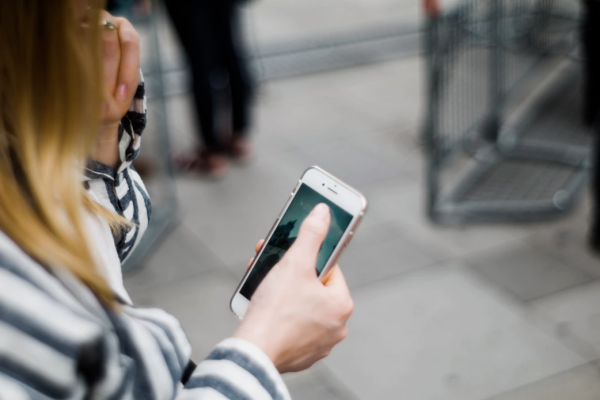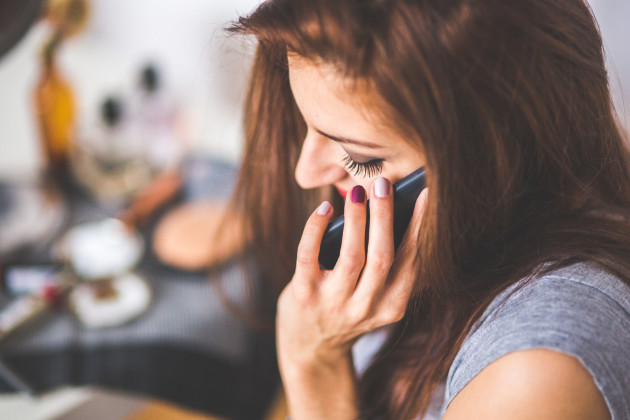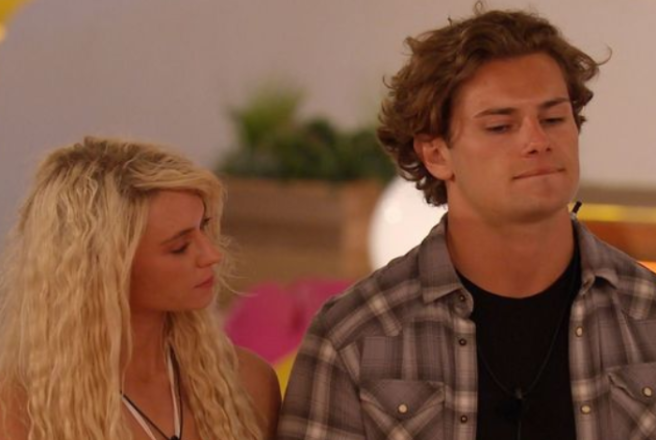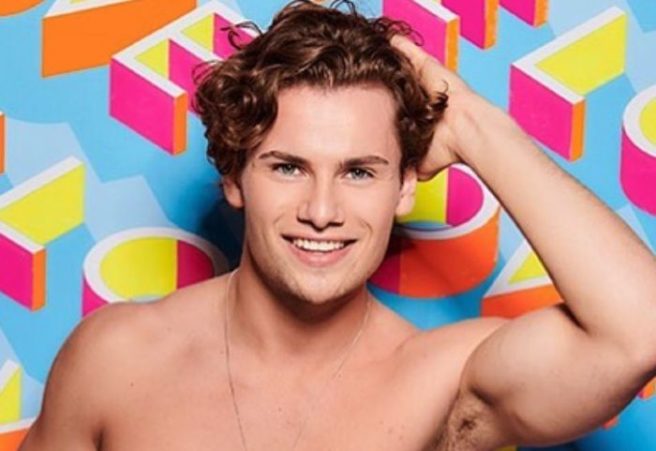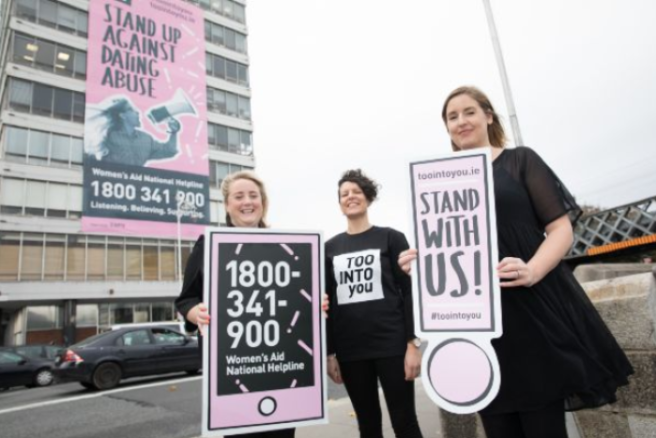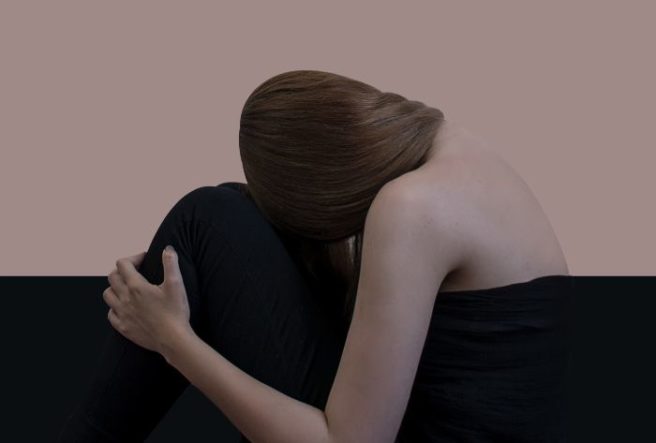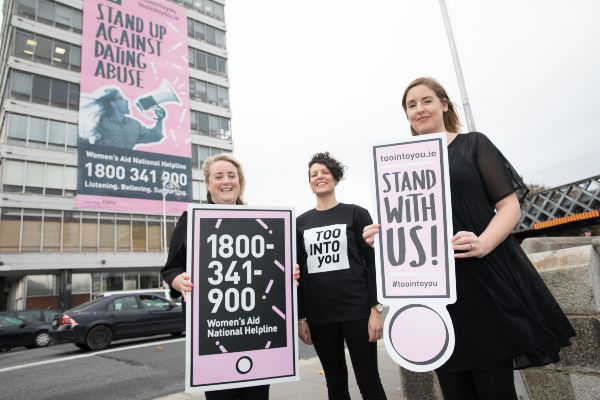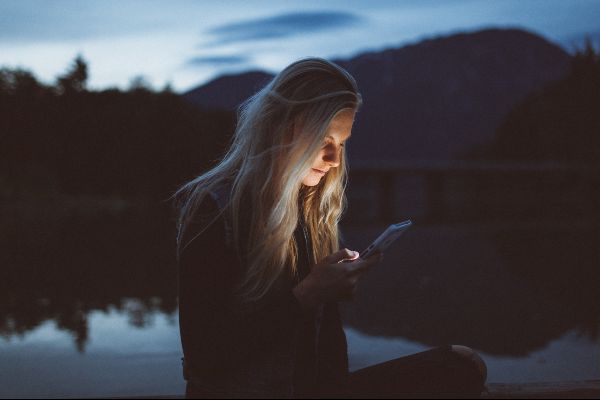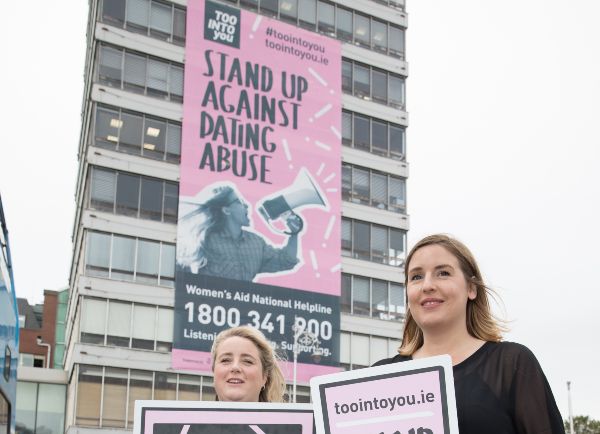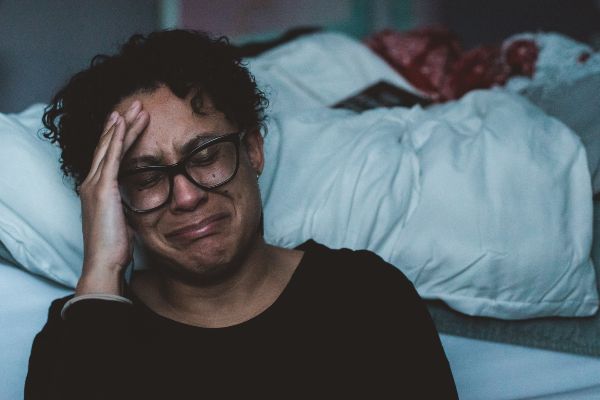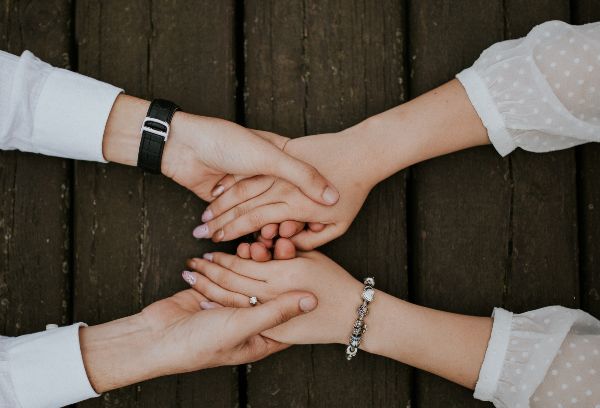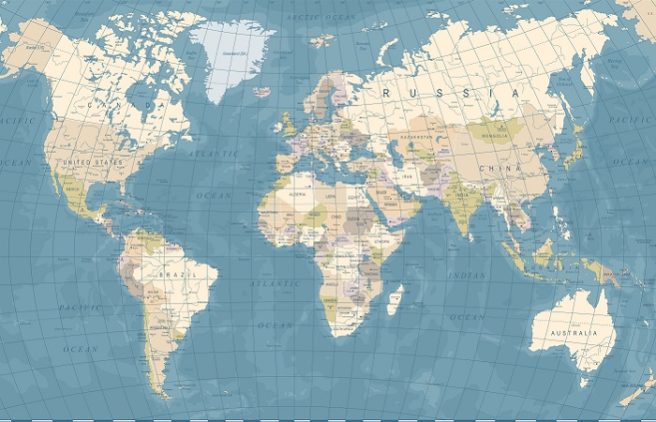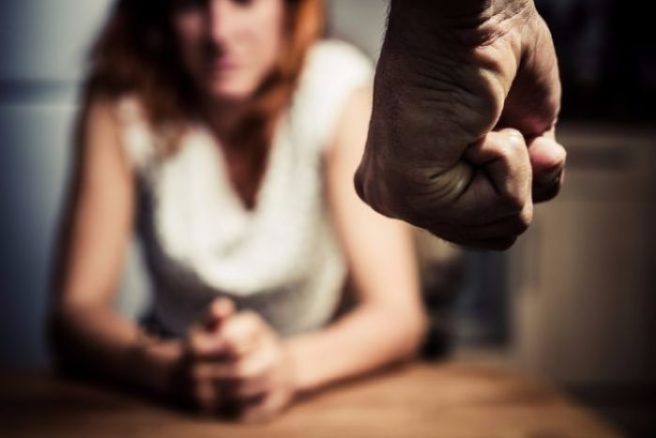Ruth Fitzpatrick is 27 and is from Dublin. In the aftermath of Donald Trump’s US presidential election win, she felt compelled to speak out about her own harrowing experiences of sexual harassment, physical violence, and widespread misogyny.
This account has been written in her own words…
“Every four years we watch the American election extravaganza with a mixture of awe and thinly-veiled ridicule.
“But in reality, regardless of the result, we wake up the next morning and everything is largely unchanged.
“We feel a little smug, and then we move on. We have our own politicians to worry about and our own bills to pay.
“But today the world feels different. Because it is different.
“I made a decision just over a year ago to keep all negative experiences working overseas in the oil and gas industry private. I felt paralysed with guilt and shame. Indeed, less than half a dozen people – including those medical professionals who have helped me in recent months – knew the full extent of what actually happened.
“I had been well-informed and, I thought, well-prepared for my new job in August 2013: I was told on a number of occasions prior to me signing my contract that I would be one of very few – often the only – female workers living on the compound.
“Quickly it began.
“‘Shut up. Be quiet. Shut up. Fat. Slut. Whore. Why don’t you wear skirts? Why don’t you wear make-up? Why do you wearing skirts now? Why don’t you wear more make-up? Fat. Slut. Whore. Shut up. Be quiet. Shut up.’
“Words do hurt. Words do break. And by the time the physical and sexual violence begins, words can have you so damaged that you feel completely stripped of power to stop it.
“Assault was daily. There were the constant derogatory comments about my appearance, and attempts to grope me during my work day. There was hair-pulling (I had no idea that that was a thing grown men did). Perpetrated by a small minority of men (but the majority rarely intervened) there were also moments of serious sexual and physical violence.
“It happened at a party: I was sitting at a table with a number of colleagues and some of the company’s clients. One colleague was convinced I had insulted him. Maybe I had. He was so angry he grabbed my head with such force that I sustained bruising and that he pulled out hair.
“He forced my head to his crotch and shouted: ‘SUCK MY COCK, BITCH: SUCK MY COCK.’
“There was some laughter. There was some mild scolding. One client, however, was appalled enough to get me away and back to my cabin. I probably would have archived this event like all the others: dismissed it as a simple workplace hazard and moved on. But the next day I had two separate visitors.
“The first was the man who had rescued me from the escalating situation the night before. He was horrified by what he’d witnessed. He gave me his details and told me to get in contact if I ever wanted to press charges.
“I realised it then: I had protected myself by creating a fantasy, a fantasy where I was completely at fault for everything that happened to me, and where if I felt upset it was only because I was overreacting. That an outsider approached me and told me what was happening was wrong shock me to my core.
“Then I had my second visitor: a colleague. He too was appalled. I truly believe that he did care for my welfare, but more importantly: he cared for the company’s reputation. He knew of or witnessed assaults committed by the same of equal or worse severity, but this was the first that had been in the full view of clients.
“He told me it would be dealt with unofficially, that I would have nothing to fear any more. I told him I wanted to make it official, and the climate changed: I was told in no uncertain terms that if I reported this or any other attack that I would have to give up my job, and that I would no longer be welcome. To those around me, I had become a troublemaker: a nasty woman.
“The next few weeks were some of the worst in my life. I was beginning to be ostracised by my colleagues and was constantly watched.
“Rumours were circulated with increased venom. And, to make matters worse, my food and water supply was controlled by my primary attacker.
“I didn’t know how to leave. I didn’t want to admit to my family or friends what had happened to me or how long I had let it go on. In the end, it was the global downturn in the oil industry that got me out.
“As part of widespread cutbacks, my position was shed. And I doubt there has ever been anyone so happy to be fired.
“But I wasn’t yet free.
“Five months later I began to experience panic attacks and flashbacks which increased in frequency and severity. Whenever I was alone, I found myself reliving the worst moments of this period of my life. I turned to alcohol to try and stop these flashbacks from happening, and to self-harm when I couldn’t get them to stop. I was still so full of shame, and so reluctant to say what had happened to me was wrong. But I knew I needed help, and I sought help.
“Thanks to my really wonderful GP, I have been able to work through and recognise the traumas I experienced, and have felt like a perfectly normal, healthy human-being for the last four months.
However, this week, US president elect, Donald Trump, globally normalised what happened to me.
“And by supporting Donald Trump’s words and by dismissing his actions, people – particularly men – are allowing a deplorable culture where women are not safe and not equal to fester and grow.
“We are women. We are liars. We wanted it. We asked for it.
"I never wanted to be one of Trump’s ‘nasty' women, but the world I woke up to today gives me no choice. I felt too ashamed to tell my story before. But I know that that shame will be nothing compared to the shame I’d feel if I had to look at my three-year-old niece and know I had done nothing to try and make her world a better, safer place.
“From today I will be a nasty woman. I will be a nasty woman for her, and for every other little girl who might still have a chance of an equal future.
“I will be a nasty woman. In the hope they don’t have to.”
You can contact Women’s Aid 24 hours a day, 7 days a week via the charity’s national freephone helpline: 1800 341 900
